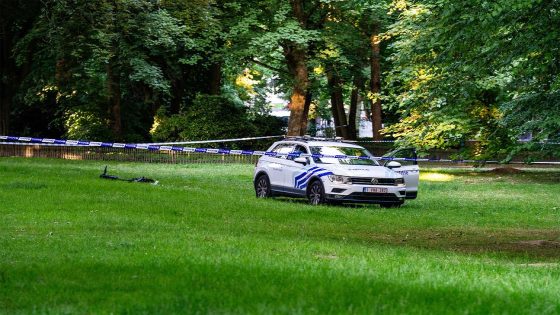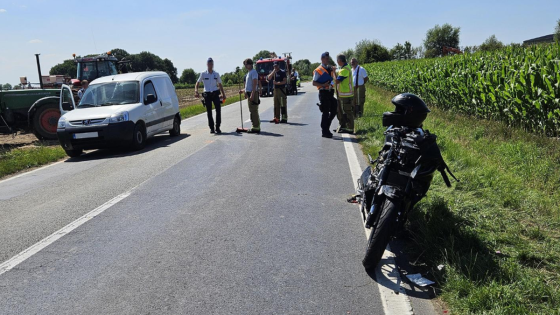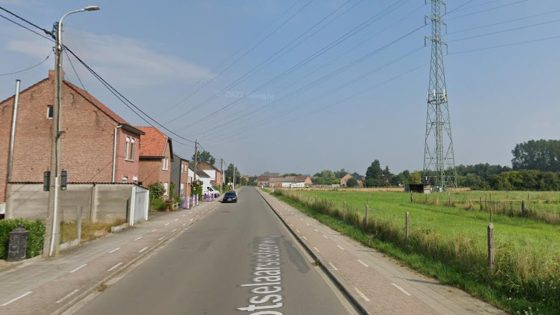The debate over motorized police patrols in Brussels parks has intensified following the tragic death of eleven-year-old Fabian in early June. Calls for a strict ban on police vehicles in green spaces gained momentum during the police council meeting on 2025-06-25 20:43:00, as local councillors pushed for safer, more community-friendly alternatives. The incident has sparked renewed discussions on how best to balance effective policing with public safety and comfort.
- Raadsleden dringen aan op verbod patrouilles
- Politiezone stimuleert gebruik elektrische fietsen
- Beperkte capaciteit fietsbrigade ondanks vacatures
- Kindtoets integreren in politieopleiding gepland
- Risicoregister voor kwetsbare zones ontbreekt
- Politiezone overweegt richtlijnen herziening
Several councillors, including Marie Bijnens (Ecolo-Groen), highlighted the benefits of bicycle patrols, emphasizing that they are not only more efficient and humane but also safer for park visitors. Mohamad Chehade (PS) echoed these concerns, advocating for a formal ban on motorized patrols and suggesting alternatives such as bike and horse patrols. However, the police zone explained logistical challenges, including a shortage of inspectors and the absence of horses in their fleet.
With these concerns in mind, what are the practical steps Brussels police can take to improve safety in vulnerable zones like parks? And how soon can residents expect changes to patrol methods? The following fast answer provides clarity on the local impact.
Is banning motorized patrols realistic given current resources? The police zone’s response reveals the complexity of implementation. While the intent to increase foot and bike patrols is clear, limited staffing and equipment pose hurdles. Additionally, the absence of a formal child-sensitivity training (“kindtoets”) and risk registers for vulnerable zones raises questions about preparedness.
- Only 6 of 12 planned bike patrol inspectors are currently active.
- Electric bikes are promoted but use is voluntary for officers.
- No existing formal training for handling minors, though plans are underway.
- No risk register for sensitive areas due to dense urban coverage.
Looking ahead, Brussels police must accelerate efforts to expand non-motorized patrols and integrate child-focused training. Will these changes come swiftly enough to restore public trust and prevent future tragedies? Continued community engagement and transparent updates will be key to ensuring safer parks for all.






























